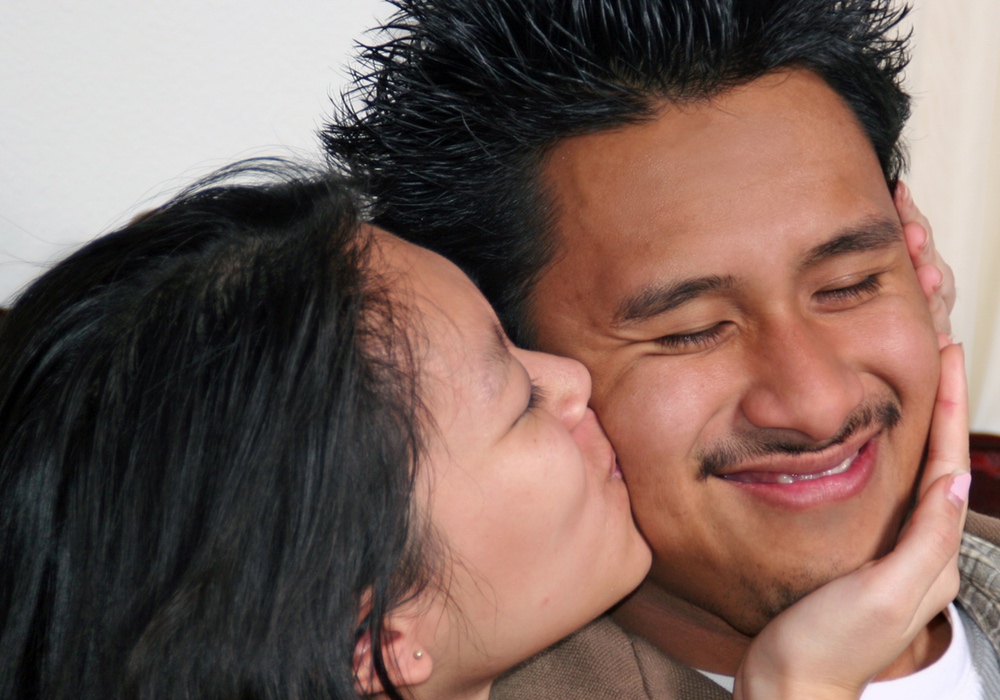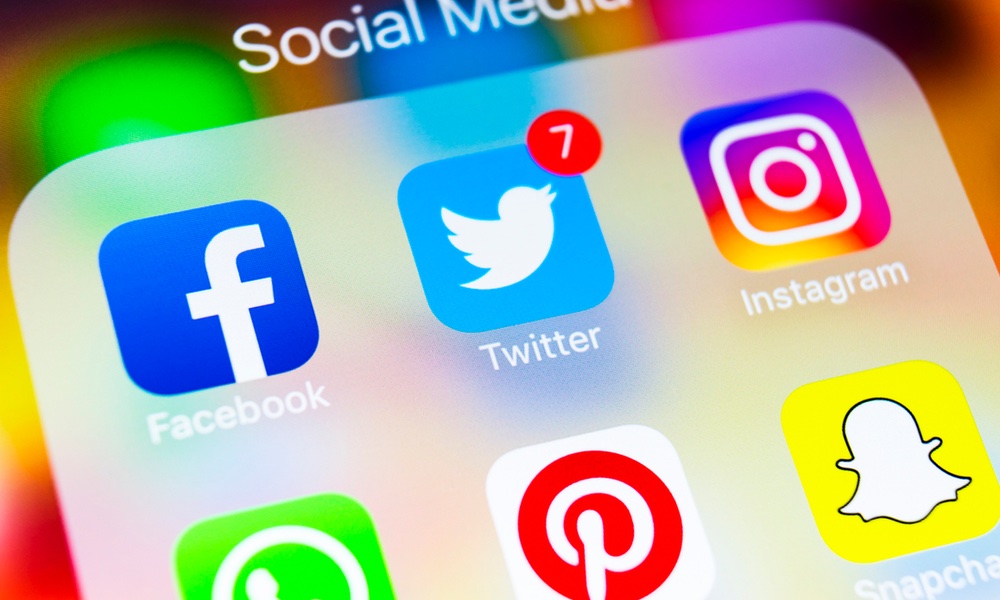Dating apps have the reputation of attracting people who are mostly in it for one thing — casual sex. But a new study from the Norwegian University of Science and Technology finds that although short-term sexual encounters may be a more likely outcome of using Tinder, the service is just as good as old-fashioned methods, like meeting people at a bar, a party or at the park, for making a connection.
“Apps have become the new public arena for dating. But to a large extent, the people using them are the same ones you find dating other ways,” researcher, Leif Edward Ottesen Kennair, said in a statement. Most of the apps are photo-based, where users “swipe right” if they like a person and want to connect, or “swipe left” to pass and go on to the next choice.
Nearly 650 students at the university, who ranged in age from 19 to 29, answered questions about their use of Tinder and similar apps and dating activity, as well as their reasons for using the apps. They were also asked about how their online dating experiences turned out.“…[T]he myth that men on dating apps are only looking for casual sex isn't accurate.”
There were differences between men and women in the ways they used the apps, but they were not as extreme or clear-cut as you might expect. Men tended to use the apps to find potential short-term encounters more than long-term relationships, the study found. But it's not true they were only out for sex.
Both sexes used Tinder and other dating apps as a diversion — when they’re bored, they said, they often went on the app just to pass time and browse.
“Men tend to report a desire for casual sex and short-term relationships as a reason for using dating apps,” said first author Ernst Olav Botnen. “But it should be noted that the myth that men on dating apps are only looking for casual sex isn't accurate. Men who use these apps also seek long-term partners, but to a lesser extent than short-term partners.”
There were some other interesting differences, too. Women spent a fair amount of time reviewing each profile, while men tended to make quicker decisions about whether to contact someone or not. Men were more likely to connect with a person and start a conversation — and more willing to meet someone in person sooner than women generally were. But this is not particularly different from how sexual or courtship behavior works offline.
But in general, it’s all about preferences: people who use Tinder may be more interested in short-term sexual relationships than non-users — but they’re not having more sexual partners because of it. People who prefer casual sex will find it, with or without an app. Dating apps give people another way to meet potential partners, the authors conclude, adding that they are probably not changing sexual behavior on a larger scale in any kind of measurable way.





